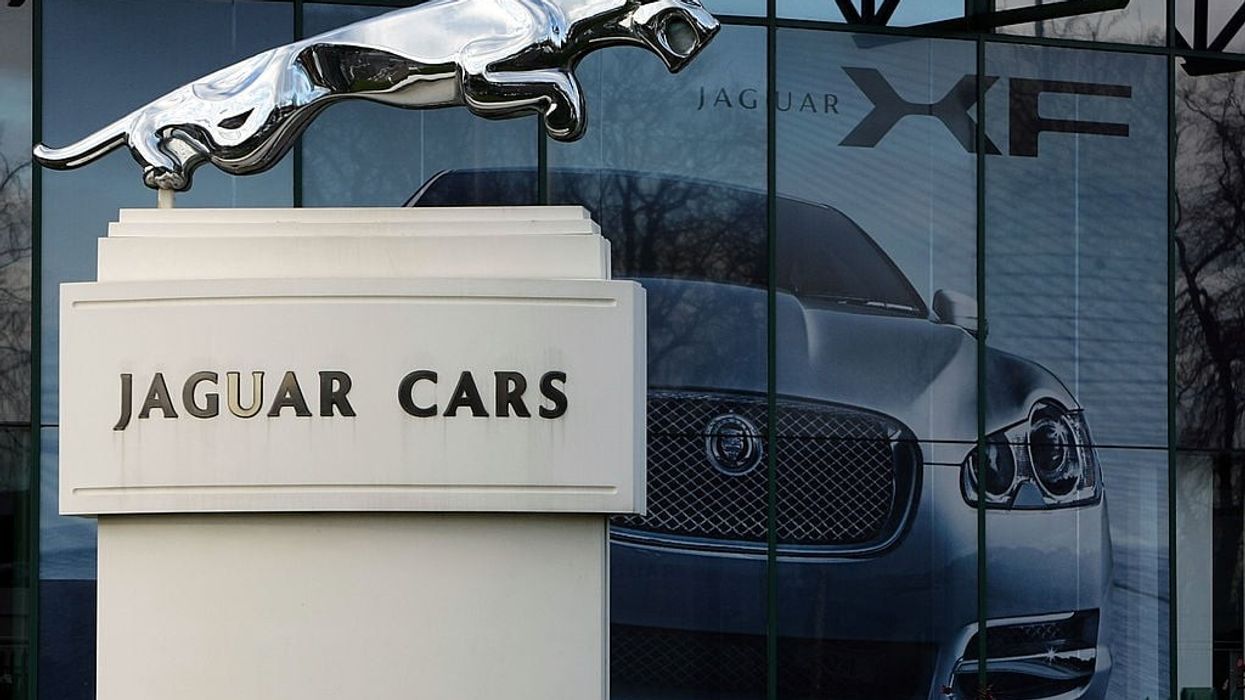Jaguar Land Rover has announced a plan to invest £15 billion over the next five years to reposition itself as an electric-first, modern luxury carmaker by 2030.
The Tata Motors-owned company on Wednesday (19) said the investment would cover “industrial footprint, vehicle programmes, autonomous, AI and digital technologies and people skills”.
It also said its Halewood plant in Merseyside would become an all-electric production facility and its next-generation medium-size SUV architecture would now be pure-electric.
JLR said the first of its next-generation medium-size luxury SUVs would be an all-electric model from the Range Rover family.
To be built at Halewood, they will be launched in 2025.
The plans are seen as the British automaker’s efforts to catch up with its German rivals Mercedes and BMW which have already made strides in the electric vehicle space.
JLR’s engine manufacturing centre in Wolverhampton which currently makes Ingenium internal combustion engines for its vehicles will produce electric drive units and battery packs for next-generation vehicles. The facility will be renamed the Electric Propulsion Manufacturing Centre to reflect the change.
The British carmaker, bought by Tata Motors from Ford in 2008, has also set a target to achieve a net cash-positive position by 2025.
JLR chief executive officer Adrian Mardell said the company was “accelerating” its “electrification path.
“This investment enables us to deliver to our modern luxury electric future, developing new skills, and reaffirming our commitment to be carbon net zero by 2039," Mardell said in a statement.
The company, however, said it will retain its modular longitudinal architecture (MLA) on which Range Rover and Range Rover Sport are built, offering internal combustion engine, hybrid and battery electric vehicle (BEV) options.
It said the strategy would give its flexibility to meet the needs of different markets which “are moving at different speeds towards carbon net zero targets,” although electrification in certain markets increases”.
Jaguar Land Rover to invest £15 billion to accelerate its ‘electrification path’
The Tata Motors-owned company said the investment would cover “industrial footprint, vehicle programmes, autonomous, AI and digital technologies and people skills�




